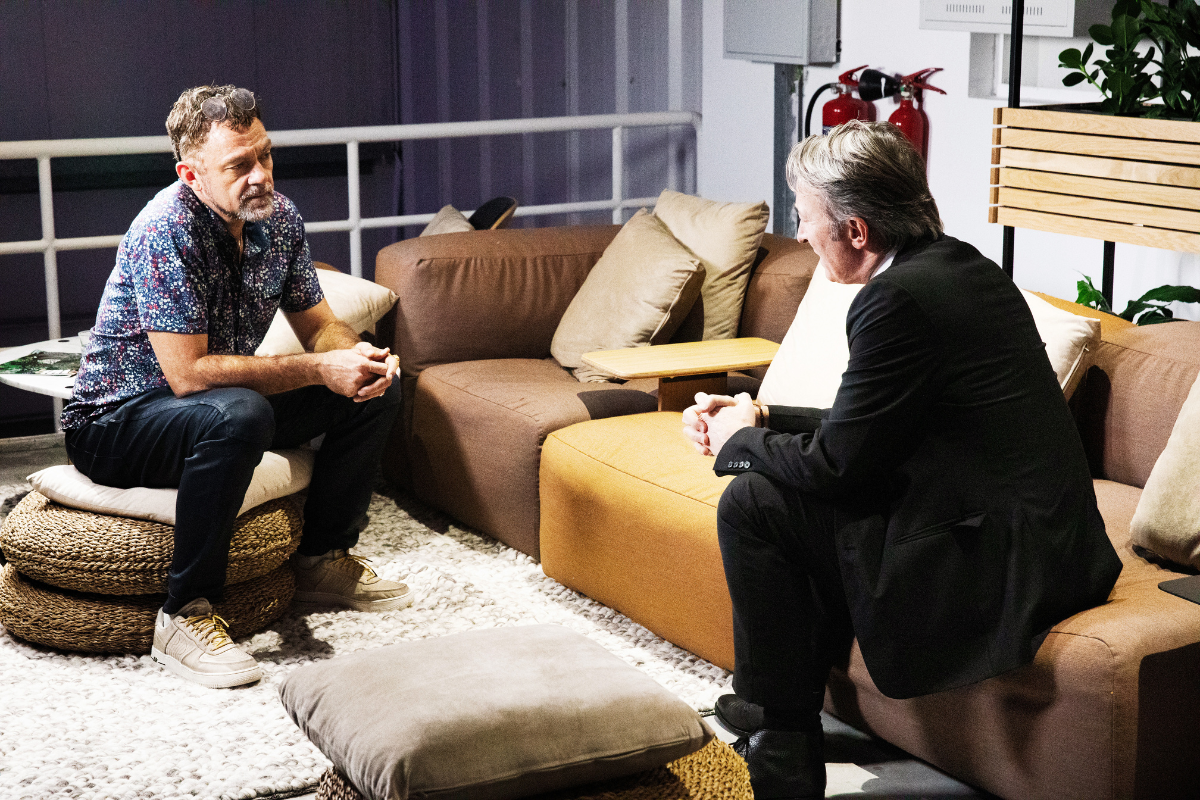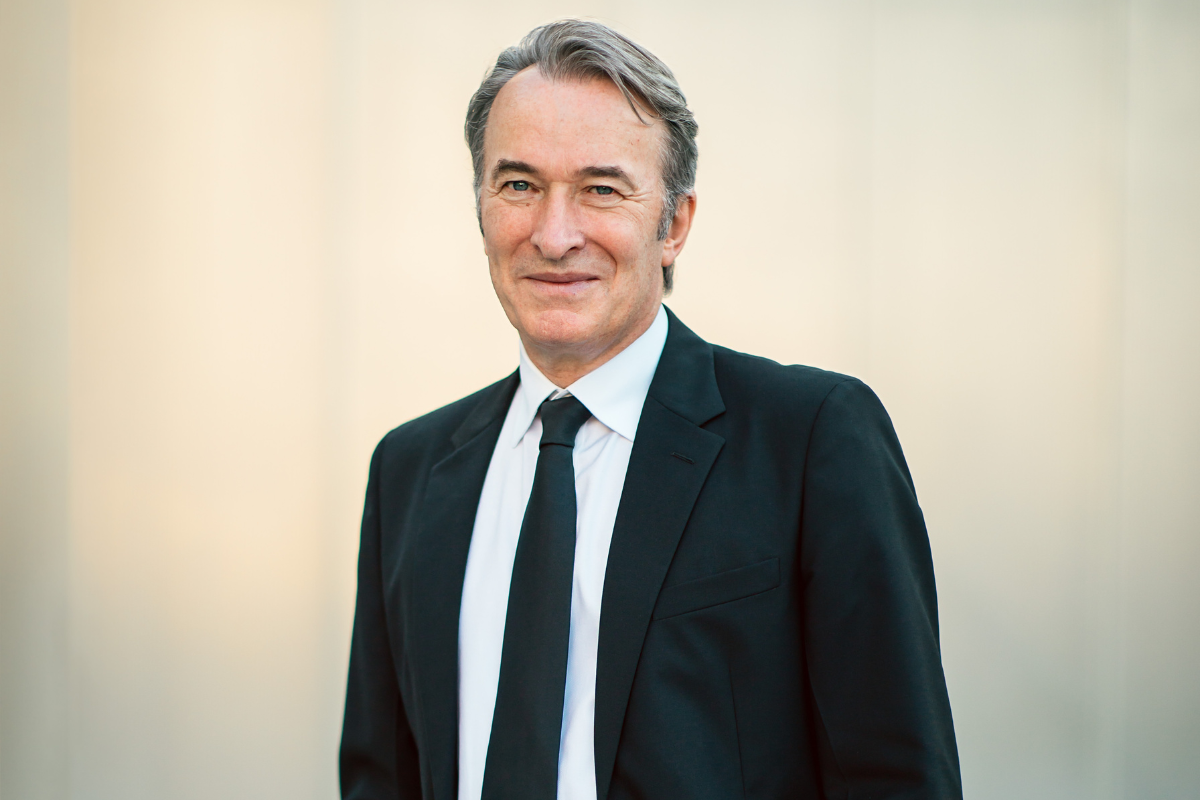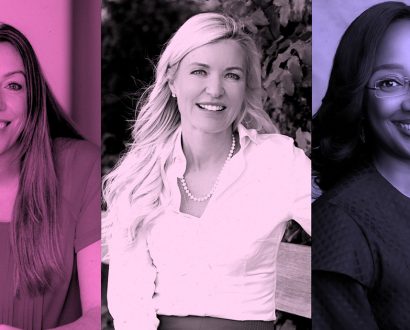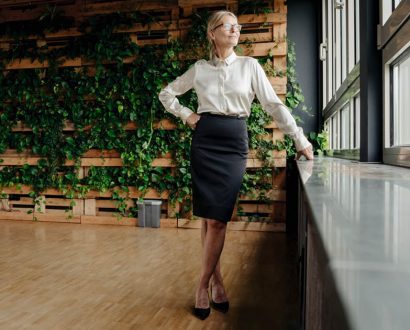Science alone cannot solve the crisis of global warming because not enough people feel personally threatened by it, despite the seemingly endless series of cataclysmic warnings from environmental experts.
That’s the view of kyu Collective Founder and CEO Michael Birkin, who warns that not even the prospect of mass extinctions, devastated coastal communities and more extreme natural disasters will make global populations change their behaviors to make a net zero emissions future a reality.
Interviewed at the recent United Nations COP28 climate summit in Dubai, he argued that the world should turn to the creative business community to find ways to transform climate change from a planetary problem to a human one.

To further that process, he founded kyu Collective a decade ago to demonstrate how the discourse around global issues needed a fundamental rethink.
“As long as we define climate as a scientific issue, we’ll continue to head toward catastrophe,” he said during the interview at kyu House, his base for COP28 and a meeting hub for businesses to discuss innovation around climate.
“No one doubts the importance of scientific research, but the information it produces is simply not adequate to solve the problems it identifies. We must build a movement based around it being a human, existential problem.”
Creativity Driving Change
His stated purpose in forming kyu Collective was to become “a source of creativity that propels the economy and society forward”.
Its impressive portfolio includes innovation consultancy IDEO, urban strategy specialists Gehl, transformation consultancy SYPartners and behavioral science specialists BEworks.
“Throughout my career, the creative industries have been outplayed by more analytical companies that have been given opportunities to fix some of the world’s bigger problems,” he said.
“As long as we define climate as a scientific issue, we’ll continue to head toward catastrophe.”
“If kyu can help restore the balance and give creative mindset a seat at the top table, then it’s a very worthy project. We’re ambitious and bold, two words that resonate with me and inform how we go to market with our clients.”
Birkin is confident that he can play a part in ushering in a new era of inventive thinking and ingenuity.
“It would be wonderful if, at the end of the century, people look back at the 2020s as a decade when the creative industries got a new lease of life, in the same way we look back at the 1920s when the advertising industry moved from brokers of media owners to being creative organizations for brand owners,” he explained.
“We need a rethink on that scale and if kyu can help achieve it, I’ll be very proud, even though I won’t be here to see it.”
Heart of the Crisis

Despite COP28 attracting over 80,000 delegates, including 154 heads of state and government, and generating a frenzy of media coverage, Birkin still doesn’t believe that the issue is front of mind for most governments, corporations and – most importantly of all – individuals.
“It’s just not mainstream enough,” he said. “The real crisis hasn’t hit people as it should because the dialogue isn’t explaining it in a way that hits the heart. When that happens, I believe big changes will happen.”
It’s a view backed up by research conducted by another kyu member, behavioral economics consultants BEworks, which found that a creative mindset gives an individual not only a more positive, can-do attitude, but also the motivation boost needed to actually take action.
“There’s still a window of opportunity for climate change to be slowed, but we must sprint – not walk.”
Birkin wants kyu Collective to champion what he describes as “a new movement” in reframing the debate on sustainability through societal change.
“We’re at COP to talk about regaining control of an existential issue and promoting our learnings on how great things happen when we view the world through new and more compelling lenses,” he said.
“Until we change the dynamic, I fear the catastrophe that the significant majority is predicting will be inevitable. So, we’re here to make that point and go down the path of fixing it.
“There’s still a window of opportunity for climate change to be slowed, but we must sprint – not walk.”
Interview courtesy of kyu Collective and Elevation Barn. Interview conducted by Brett Elliott. Images: Heidi Green/Hiiiya







